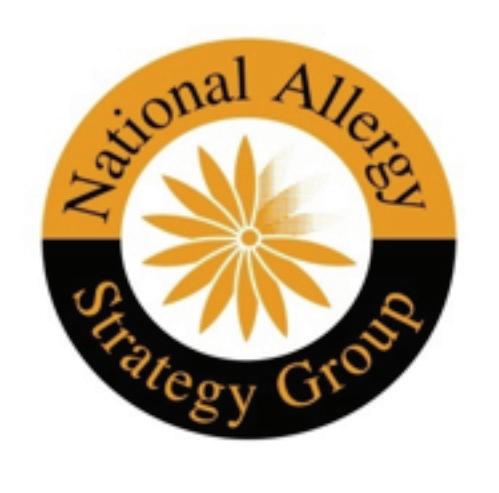Registries
Allergy Update
Focus on BSACI Registries E ach BSACI registry is used to evaluate and improve outcomes for patients.
deaths in the UK. Gathering information from each of these cases is crucial.
Registry for Immunotherapy (BRIT) is a web-based patient registry that records immunotherapy treatment of patients under the care of BSACI consultants practicing in the UK. To find out more visit www. b s a c i .o rg /p rofe s s i o n a lresources/bsaci-registries/ immunotherapy-registry/
UKFAR data aims to helps develop better understanding of the risks and causes of fatal anaphylaxis with the intention of reducing the risk of future deaths from anaphylactic reactions. UKFAR has received a grant from the Food Standards Agency (FSA) to continue its important work.
BSACI is working with Imperial College to support the UK Anaphylaxis Registry which has been set up to collect data relating to unintended allergic reactions. The Registry is fully integrated into the existing European Anaphylaxis Registry Network for Online Registration of Anaphylaxis (NORA). To find out more visit www.bsaci.org/ professional-resources/bsaci-registries/ukanaphylaxis-registry/ UK Fatal Anaphylaxis Registry (UKFAR) analyses suspected cases of fatal anaphylaxis from any cause. Each year there are between 20-50 such
UKFAR encourages the submission of suspected cases on mft.fatal.anaphylaxis@nhs.net. Team can provide advice on the investigation of cases. Early involvement of UKFAR in the assessment of suspected fatal anaphylactic events is beneficial in the identification of contributing factors and to guide or focus post-mortem assessment. For further information please visit www.bsaci.org/professional-resources/ukfar To find out more about BSACI Registries and how to sign up to help us with our evaluations visit www.bsaci.org/professional-resources/bsaciregistries/
UK Fatal Anaphylaxis Registry
UKFAR analyses suspected cases of fatal anaphylaxis from any cause
U
K FAR seeks to assemble details of every fatality in the UK since 1992 for which anaphylaxis is considered a possible cause of death. Nearfatal reactions with subsequent death due to brain damage or other resuscitation sequelae are included. The registry, founded by Richard Pumphrey in the early 1990s, aims to collect detailed information about every case, typically 20-40 each year. The data in the registry has improved our understanding of fatal anaphylaxis and the clinical circumstances leading to fatalities. This important work is funded by the Food Standards Agency (FSA) and enables analysis of fatal anaphylaxis cases. The data from the registry informs trends and helps develop better understanding of the risks and causes of fatal anaphylaxis, which will ultimately provide knowledge to reduce the risk of future deaths. Continuing to collect this data in the UK is important to allow comparison with data in other
6
countries, add to the overall understanding on fatal anaphylaxis. Enhanced understanding will enable us to improve the advice on avoidance strategies and management of anaphylaxis to reduce fatalities. This approach is particularly important considering the reported increase in prevalence of allergy in the UK population. We are looking for BSACI members to support UKFAR. To register a case visit www.bsaci.org/ professional-resources/bsaci-registries/ukfar/ uk-far-contact-us/ We wish to look at any information that can be shared with us on fatal cases of anaphylaxis which people are directly involved with as this would be incredibly helpful. Additionally, for any on-going evaluations, people can request involvement of the registry team directly with the Coroner. Direct involvement of the registry team with the Coroner, investigation of cases gives the richest possible information.







